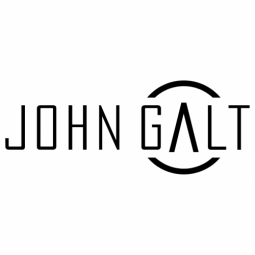PING Enhances Supply Chain Planning with IoT
- Retail
- Logistics & Transportation
- Sales & Marketing
- Demand Planning & Forecasting
- Inventory Management
- System Integration
PING, a leading golf equipment manufacturer, faced a significant challenge in managing its supply chain due to the high level of customization it offers. The company custom-fits each club to the owner's body type, swing style, physical strength, and personal preference, resulting in over 7 million possible specification combinations for its irons alone. This complexity, coupled with the need to pre-build finished goods based on projected orders, created a profound manufacturing and supply chain planning challenge. Additionally, PING had to accommodate changing player preferences and trends in playing styles. The company's existing planning process, which relied heavily on Excel, was unable to handle the volume of SKU configurations or exploit the value of real-time sell-through information from retailers.
PING is a US-based golf equipment and gear manufacturer with assembly operations in the United States, Japan, and the United Kingdom, among other locations around the world. The company works with suppliers in Vietnam and China. PING has been innovating the golfing world for over 60 years, ever since its founder, a General Electric engineer, crafted putters in his garage based on an innovative design. PING pioneered the practice of custom-fitting each club to suit the owner's body type, swing style, physical strength, and personal preference.
To address these challenges, PING collaborated with John Galt Solutions to define a new, automated process that integrated smoothly into the company's ERP system. The Atlas Planning Platform from John Galt Solutions enabled PING's 24-month rolling forecast model to respond more quickly to changes. The platform provided a global view that linked demand and supply, facilitating a shift from a stage-gate process to a more agile one that used daily data to collaborate closely with suppliers on maximizing global production capacity. The Atlas platform also helped mitigate the effects of global supplier disruptions, enhancing all levels of the planning process, from high-level model forecasting to SKU/BOM forecasting, assembly planning, and integration with the company's MRP system.
Related Case Studies.











